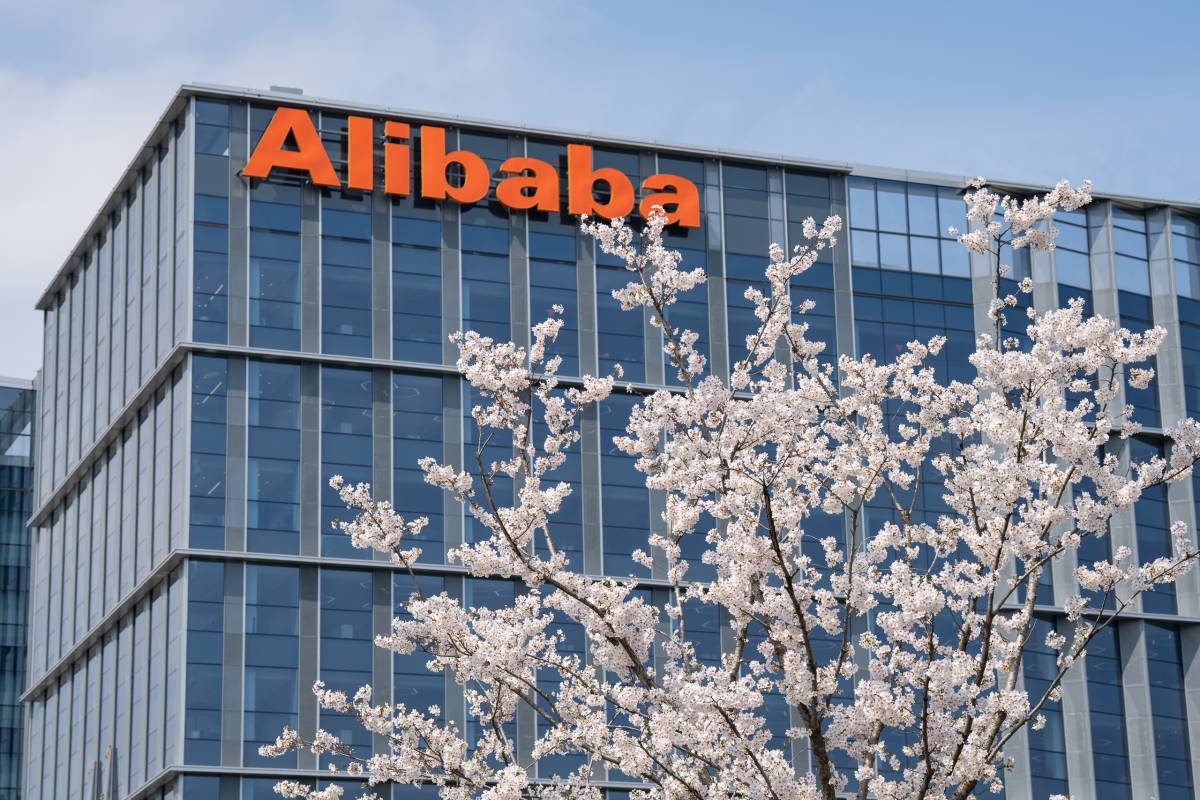
Alibaba Group, the world’s largest e-commerce company, will soon strike the word “e-commerce” from its lexicon, says Alibaba Executive Chairman Jack Ma.
The problem, as Ma sees it, is that e-commerce, as distinct from traditional retailing, is rapidly becoming an outmoded concept as online and offline retailing become fully integrated.Butwhat can you call Alibaba if not an e-commerce company? With its rapidly growing cloud-computing business and its initiatives in fintech, logistics, Big Data, the Internet of Things, artificial intelligence and virtual reality—many of which were outlined at an Alibaba-sponsored computing conference held in Hangzhou, China, last week—even “technology company” doesn’t seem to cut it.
Alibabaofficials aremaking the switch to”data company.” This is because, in a nutshell,”Data is the blood of the new economy,” explained Alibaba Group CEO Daniel Zhang recently. Alibaba collects massive amounts of data on its e-commerce marketplaces, through mobile wallet Alipay, and from from digital entertainment sites and social media properties operating within in its ecosystem. “We use data torefuel(our)business and refuel the participants in the ecosystems to help our partners to do business easier anywhere in this fast-changing digital world,”Zhang said.
Effectively mined and analyzed,dataenables businesseslarge and smallto better understand marketsand consumer behavior, improveproducts anduser experiences,andeven anticipate the wants and needs of individual customers. Asa Morgan Stanley analyst recently noted, Alibaba has laid the foundation to transform itself into “a leading data commerce company that leverages big data/cloud computing to upgrade all of its businesses, ecosystem partners, and customers.”
Here are five ways Alibaba is using data today:
User Experience
Alibaba uses the vast store of data it collects fromits 423 million active buyers to generate personalized storefrontsand product pages when consumersshop on Taobao Marketplace or Tmall.com. The feature is called”A Thousand People, A Thousand Faces,”and merchants are using it to delivernot just product recommendations based ona visitor’sshopping historybut alsoindividualized virtual-storefronthomepagesgeared forparticular types of shoppers.According to figures from Alibaba,GMV from personalized shopping recommendationstripledinthe company’s2016fiscal year.
Empowering Brands
Alibaba’s data can also be usedto facilitateproduct development. Through the use of consumer purchasing and preference data,the companyhelpsbrands test new products andhonetheirmarketingstrategies. For example, P&G used Alibaba tosuccessfullytest market a newsanitary napkin throughan exclusive online launch on Tmall.Results promptedP&Gtoexpand theavailability ofthe producttoofflineretail outletsin China.
Digital Marketing
Historically, marketing hasneverbeen an exact science.ButtodayAlibabais usingdatato connect merchants with their most likely customers in a very targeted way.The company says it helpedan unnamedsnack brandnearly doubleitspotentialcustomer base in China by matchinginformation on the brand’sexisting customers withinformation on consumersin Alibaba’s databasewho hadsimilar brand affiliations andsimilar purchase histories. The result:A higher click-through rate for a special promotion produced more purchases.
Logistics
Logistics isn’t just trains, planes and trucks. It’s data, too. The company’s delivery services, operated through Cainiao Network,provides express courier companies with routing information through its e-shipping label program, which is replacing a manual system with a more efficient,all-digital solution. The program increased the accuracy with which packages were sorted at warehouses and routed to their destinations, taking the successful deliveryrate to 98 percent from 95 percent. Based on the 33 million packages each day that Cainiao delivered last year, the3 percentage point improvement means that an extra 1 million packages reach their intended destination without issue—and Cainiao avoided the costs associatedwith the addedfuel and labornecessary to collectand reship errant packages.
Financial Services
Alibaba affiliate company Ant Financial uses data todevelop financial products such as consumer loans and insurance products,but it also parses that information tomanage fraud risk and minimize itsloss ratio. Ant Financial’s Alipay unithas a “payment graph”—much like Facebook’s social graph—thatidentifiespatternsinrelationships among users who make payments to each other.Withthis payment graph,along withalgorithms Alipay uses to measure the credit risk of applicants,the online payments provideris able to maintain itsbad-loanloss ratio at less than 1 out of 100,000, or less than 0.001 percent.




